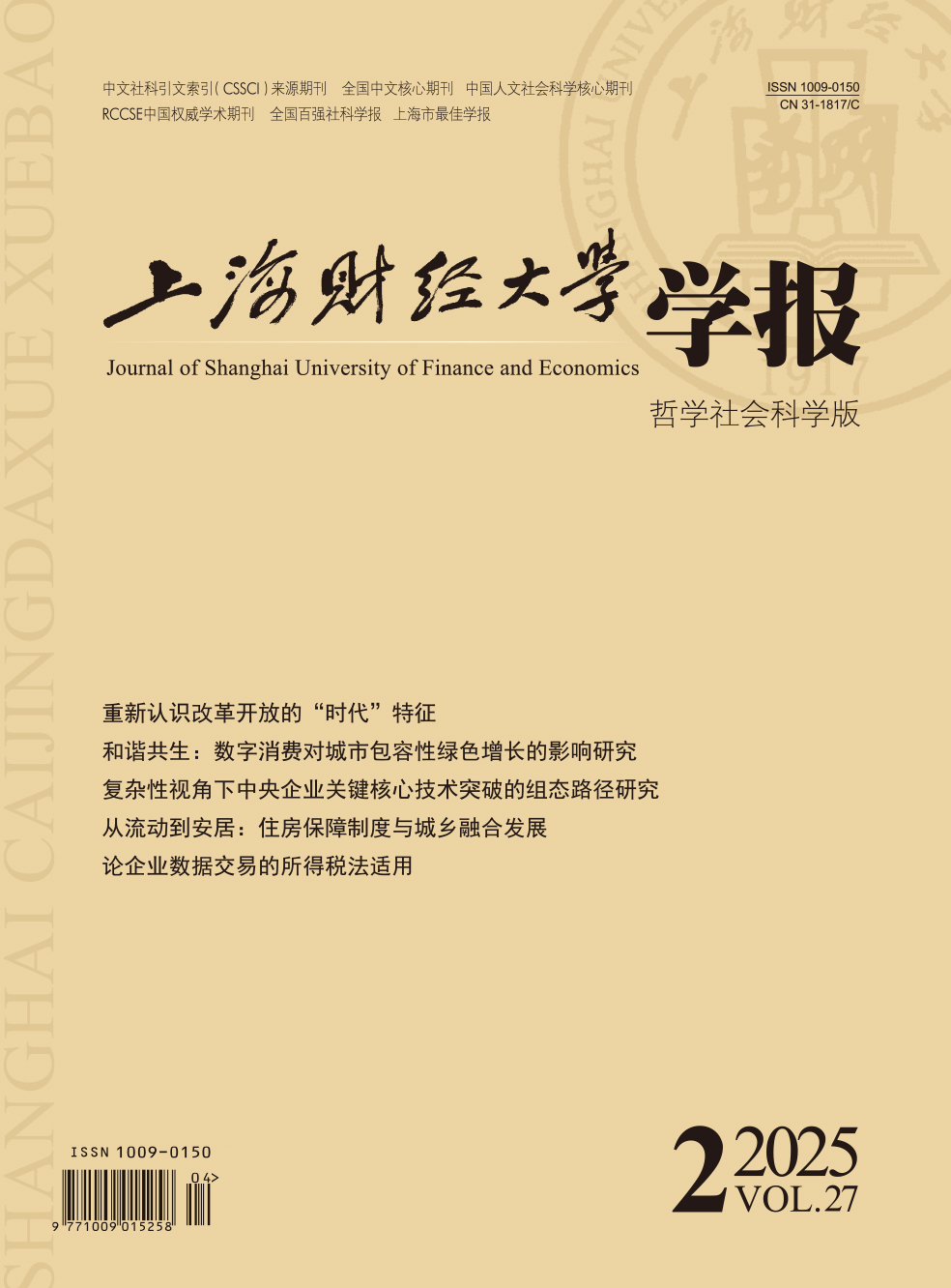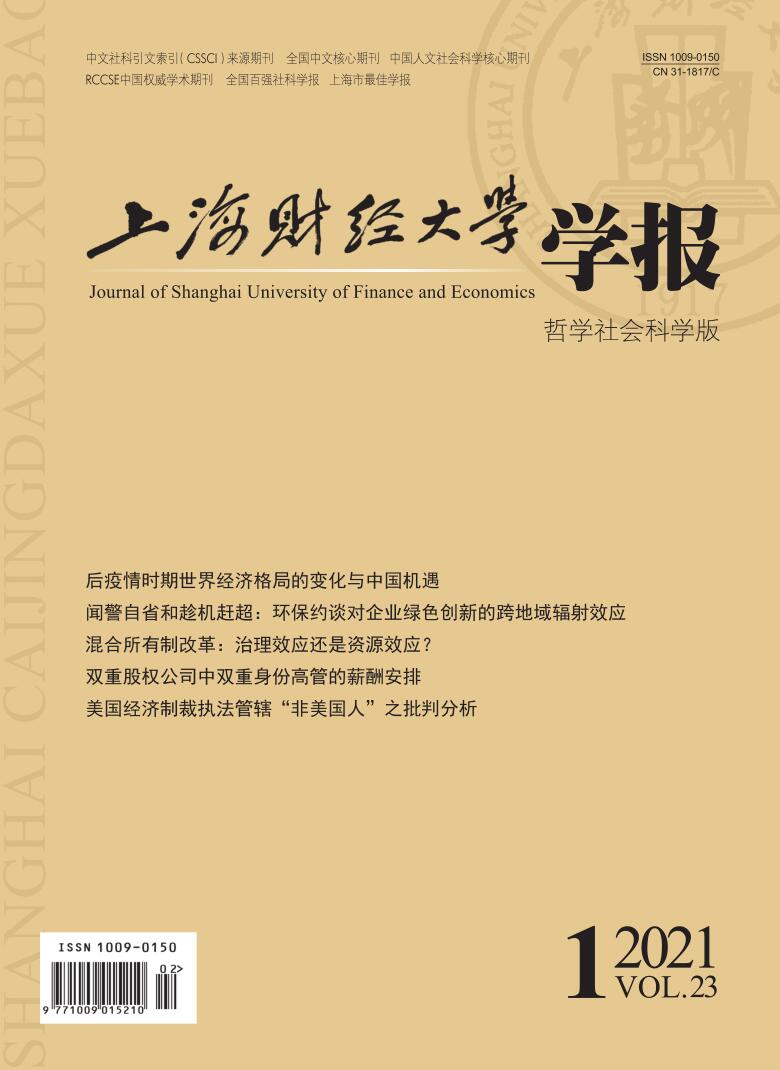US unilateral economic sanctions make entities, individuals and even foreign countries outside the United States exposure to US legal enforcement threat. Critical analysis of US enforcement jurisdiction over Non-US Persons from three levels of jurisprudence, enforcement strategies and implementation paths possesses theoretical and practical significance for resolving the risks of cross-border transactions between Chinese enterprises and entities and building extraterritorial application system of Chinese public law. The dual structure of sanction target/enforcement object in the field of unilateral economic sanctions conforms to the principle of international law on the division of prescriptive/enforcement jurisdiction and provides jurisprudence for the extraterritorial application of domestic public law. US unilateral enforcement jurisdiction over Non-US Persons actually extends the traditional effect of jurisdiction over foreign acts that cause damage within the territory of United States to the jurisdiction over foreign acts that cause violation of acts in the United States, which increases international legal conflicts, and is an abuse of the principle of Effective Doctrine.
The United States relies on the threat of access to the US dollar financial infrastructure and case by case enforcement penalties to build the linking factors and deterrence strategies of enforcement jurisdiction over Non-US Persons. US authorities take advantage of Party autonomy, encouraging and guiding to abide by US unilateral economic sanctions both at the case by case level and rule level. Actively disclosure of illegal activities and improving compliance capabilities also help to overcome OFAC’s territorial jurisdiction limitations in obtaining information on Non-US Persons’ violating US law, penalizing illegal activities, etc., promote the recognition of US unilateral economic sanctions in whole, and maximize the efficiency of enforcement.
The two major enforcement strategies of deterrence and incentives, and public-private implementation paths such as US dollar Correspondent Accounts, shareholder control, enforce settlement and licensing constitute the invisible enforcement jurisdiction over Non-US Persons, which abuses the US dollar’s international currency status and is contrary to the principle of financial inclusion, hampers the global economic growth.
It is fundamental to mobilize public-private resources to create global connecting factors with China advantages for enforcement jurisdiction.





 3410
3410  7381
7381

